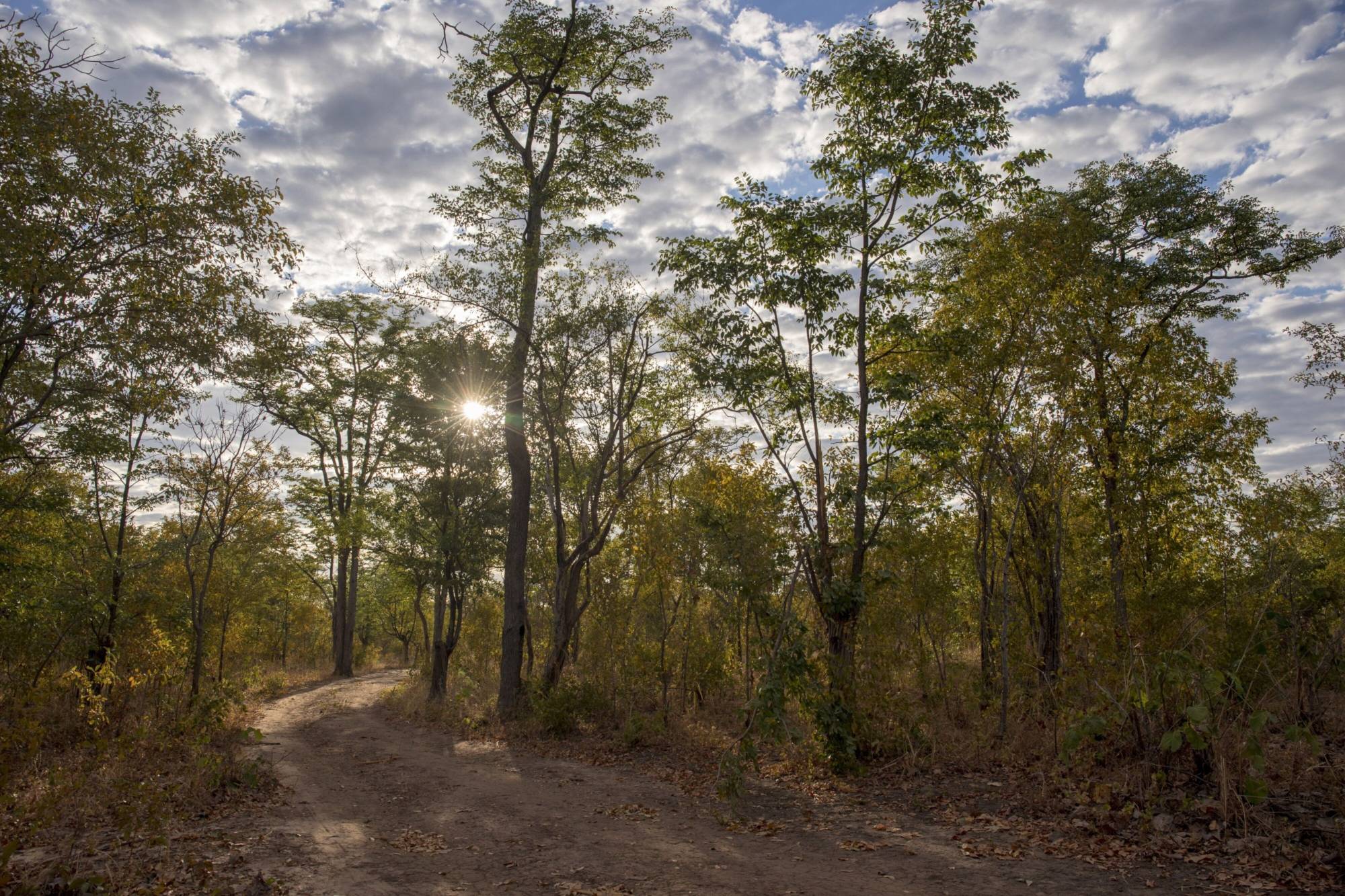Renat Heuberger gathered his co-founders on a glacier in the Swiss Alps for a celebration. The half-dozen men behind South Pole, the world’s leading seller of carbon offsets, raised their beers around a crackling fire: Business was booming and the Zurich firm’s valuation was hurtling toward $1 billion, making it one of the first "carbon unicorns.”
But the claims underpinning South Pole’s success have been losing ground like the ice underfoot that day two summers ago. The company’s biggest moneymaker is a mega-project in Zimbabwe called Kariba, which South Pole claimed has prevented the annihilation of a forest nearly the size of Puerto Rico. That’s South Pole’s business model: help finance projects that can credibly counteract rising levels of greenhouse gas, such as by stopping deforestation, and then sell the resulting credit to corporate clients who want to compensate for their own planet-warming pollution.
Yet according to several outside experts and South Pole’s own analysis, the firm and its partner ended up vastly overestimating the extent of the preservation by Kariba. As a result, Gucci, Nestle, McKinsey and other South Pole clients have — unwittingly — overstated their own progress in combating climate change, because the Kariba credits they bought haven’t generated enough real atmospheric benefit. (South Pole says the credits are legitimate and will still benefit the climate.)



